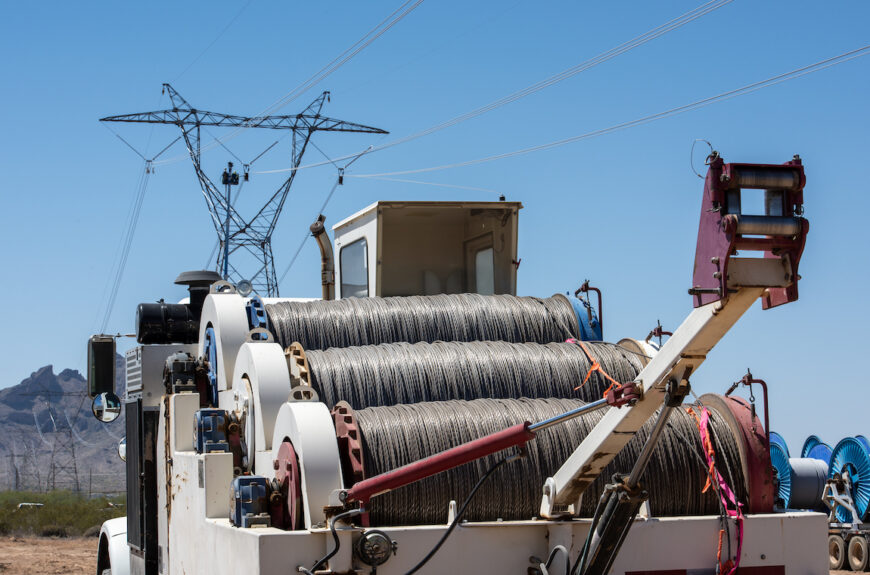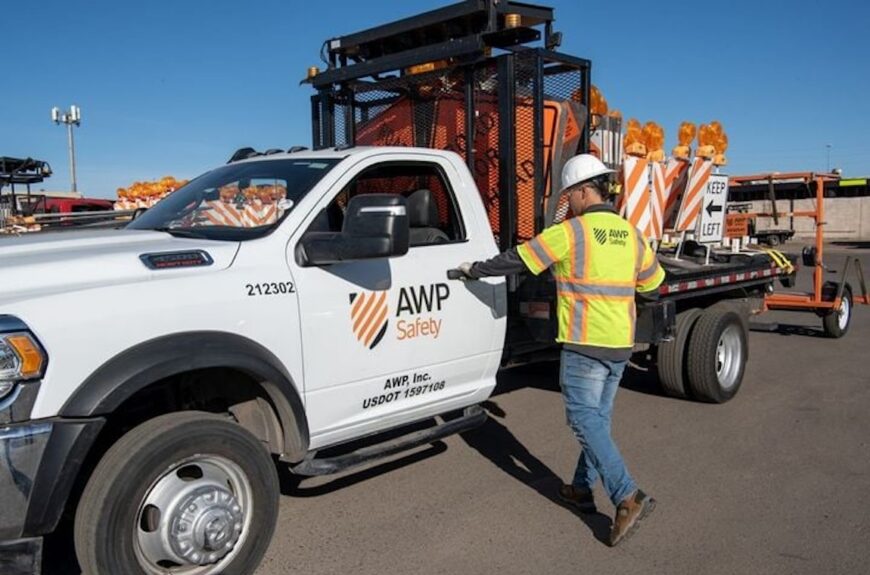
3 Reasons Broadband Providers and Contractors Should Be Tracking State BEAD Plans
So far, 13 U.S. states and territories have submitted five-year action plans required to access Broadband Equity Access and Deployment (BEAD) Program funds. Forty-three more will submit their plans soon.
According to Josh Shipman, AWP Safety’s chief revenue officer, getting familiar with these proposals can be very beneficial to broadband providers and the contractors that support them.
“A $42 billion investment in high-speed internet infrastructure is unprecedented,” says Shipman. “It’s comparable to the creation of the U.S. Interstate system in the 1950s. It’s going to take a lot of companies a lot of work to get there, but the result will be a more connected U.S. society and economy.”
For ISPs and other companies in the broadband industry, Shipman says there are three main reasons to track the BEAD plans being submitted by each state and territory:
1. Prioritize Target Projects: Whether a provider offers coverage in a few counties or across multiple states, reviewing the plans that impact their specific service areas can help identify target projects and potential customers. This has benefits to future end customers, too. The more efficiently everyone works together, the quicker underserved communities will gain high-speed internet access.
2. Plan for Future Work: BEAD investments have a long timeline, with recipients required to deliver high-speed broadband to end users within four years of receiving funds. Having a better understanding of where the funding is going can help ISPs and broadband contractors make decisions about hiring, mobilizing their teams, purchasing and utilizing equipment and deploying vehicle fleets in support of the work.
3. Forecast Potential Growth: Successful companies make decisions based on both current conditions and future trends. Forecasting enables leaders to make more proactive, data-driven decision making. “Ask yourself, what is our potential as a company in five years if we actively pursue BEAD initiatives?” says Shipman. “What happens if we keep doing what we’re doing? The most proactive companies will be the most competitive companies in the future.”
BEAD spending will have an impact on every aspect of the broadband industry, from manufacturing the needed equipment to the work hours needed to install new fiber. A plan for keeping crews and communities safe during broadband projects should be considered before any project begins.
AWP Safety offers comprehensive safety solutions including Traffic Control Plans, permitting assistance and expert-level flagging through human crews and automated flagger assistance devices (AFADs).
AWP Safety supports some of the largest broadband providers in the U.S. Read how we supported a broadband customer with a long term fiber project spanning two metro areas.



